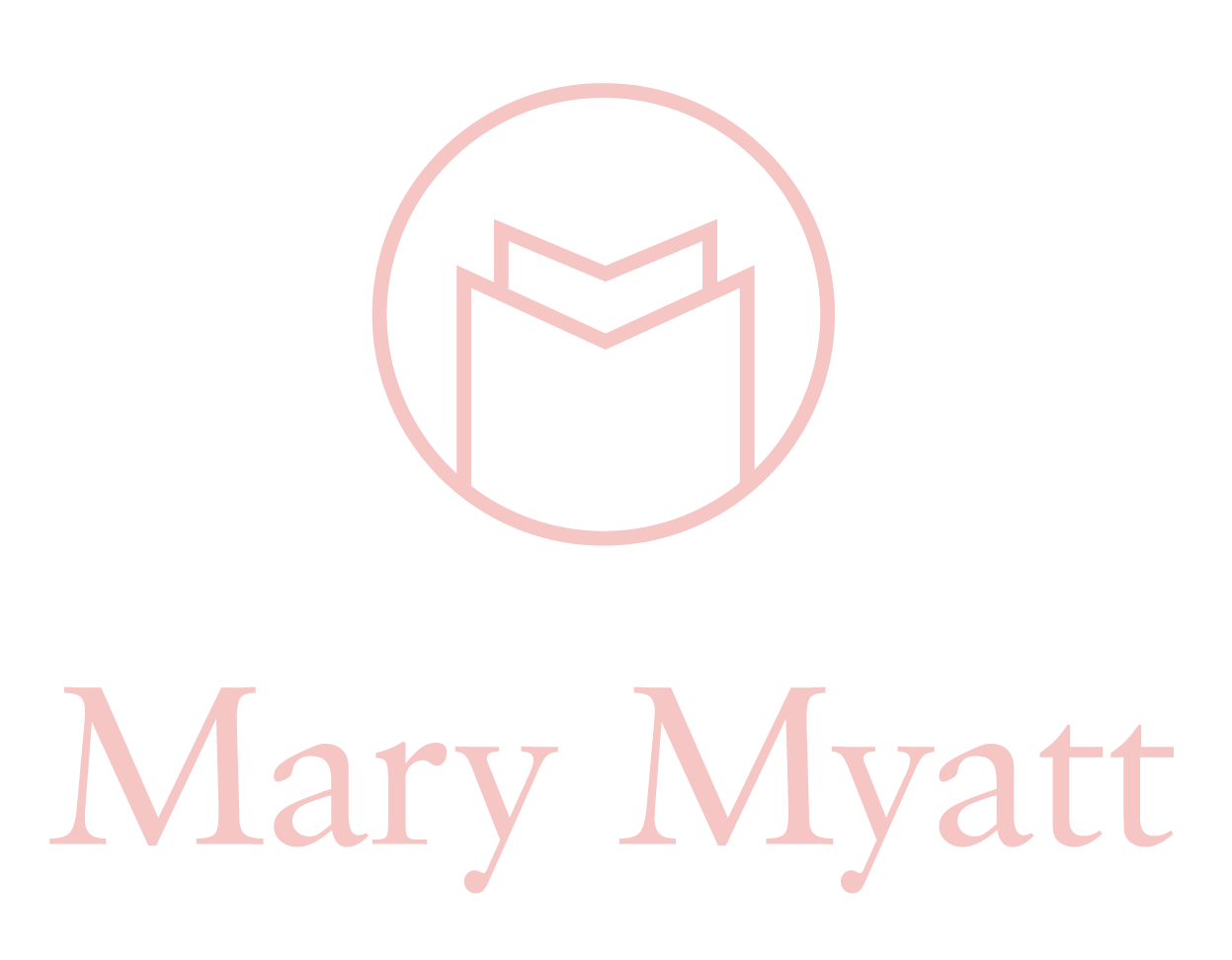Using stories in the curriculum
We need to take stories more seriously. Because stories are enjoyable, we have a tendency to underestimate their power. Great stories are important for their own sake. However, great stories can do some heavy lifting for us.
Stories have the power to open up the imagination, to create the background for a new unit, to supply tier two and tier three vocabulary and to provide a context for the big ideas and concepts. They are one of the most efficient ways of providing a hinterland. Then stories contain sophisticated language of greater lexical depth and complexity than we would encounter in everyday classroom talk. And it is as a result of this insight that Doug Lemov makes the case that reading aloud is critical for developing vocabulary for all pupils, including secondary.
The importance of stories is backed up by findings from cognitive science. If we agree with Daniel Willingham’s argument that our ‘brains privilege story’ then it follows that learning is likely to be deeper if we incorporate stories, conflicts and dilemmas into our schemes.
And as it happens the Education inspection framework (EIF) has an increased focus on reading: a rigorous approach to the teaching of reading develops learners’ confidence and enjoyment in reading. And in the handbook ‘reading is prioritised to allow pupils to access the full curriculum offer.’ This makes it a great opportunity to consider some of the most efficient ways of tapping into the power of stories in order to develop reading.
Three suggestions:
First: When we are developing a new unit, whether in primary or secondary, we might think about how a story (and this includes fiction and non-fiction) can be the starting point, or used for reading at home. To take an example in maths in primary, when we are teaching the Fibonacci sequence, we could tell the story of Fibonacci’s three wishes. In secondary science, some schools are extending their reading through using extracts from Yuval Harari’s Sapiens: A Brief History of Humankind
Second: Some schools are taking reading to the next level. Ashley Booth sets out how his school goes about whole class reading while Fran Haynes makes the case that reading aloud is not just for primary pupils and discusses the reading programme at the Durrington School.
Third: Checking out the findings from the faster reading research: 'Simply reading challenging, complex novels aloud and at a fast pace in each lesson repositioned ‘poorer readers’ as ‘good’ readers, giving them a more engaged uninterrupted reading experience over a sustained period. Average reading ages improved by 8.5 months for the groups overall and by 16 months for the ‘poorer’ readers.' So, we might ask what are the implications for subjects beyond English and for provision in primary?
What might we take away from this? That stories, in all their forms, are a very good thing.

